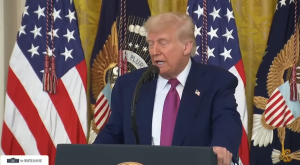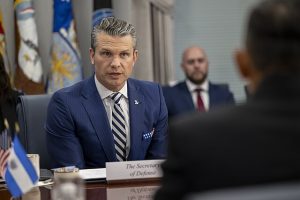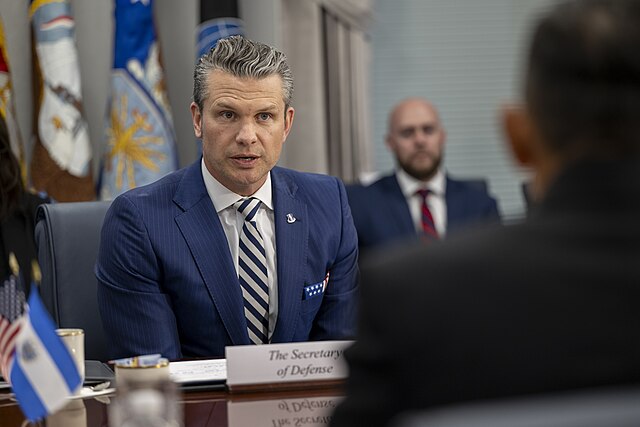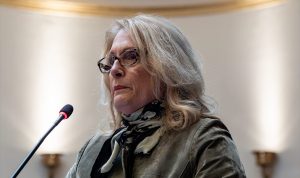A recent episode of The Joe Rogan Experience sparked headlines when legendary U2 singer and activist Bono shared a startling claim: that cuts to U.S. foreign aid programs may have contributed to the deaths of as many as 300,000 people worldwide. The estimate, based on academic modeling rather than confirmed data, led to an immediate pushback from host Joe Rogan and entrepreneur Elon Musk.
The conversation centered around a sweeping reform effort introduced under the Department of Government Efficiency (DOGE) initiative. These reforms, associated with the Trump administration and later backed by Musk, aimed to cut what supporters called wasteful or mismanaged international aid spending. Critics, including Bono, claim the changes have led to disastrous humanitarian consequences.
Bono argued that the aid cuts have disrupted critical food and medical supply lines, citing delays and abandoned shipments stuck at global ports. “There’s food rotting in containers in Djibouti and Houston,” he said. “People who used to manage the flow of this aid—people who knew the systems—were fired. That disruption is deadly.”
He referenced a predictive study from Boston University, which projected large-scale death tolls linked to reduced global aid, especially in regions already facing food insecurity. However, Bono admitted the number—300,000 deaths—is based on forecasting, not verified fatalities.
Rogan, while sympathetic to humanitarian concerns, questioned the reliability of the data and the structure of global aid itself. “We know there are groups out there doing incredible work,” Rogan said, “but we also know billions have vanished over the years with no receipts, no trace, and no accountability.”
Musk, who has been vocal about reshaping federal spending priorities, went further—publicly calling Bono a “liar” on social media and dismissing the 300,000 figure as fiction. “Zero people have died from the DOGE reforms,” Musk wrote in a blunt post, claiming the changes are about reducing fraud, not harming the vulnerable.
The DOGE initiative aims to shift how the United States delivers aid—streamlining oversight, trimming bureaucracy, and ensuring funds go directly to programs with measurable impact. Proponents say it’s long overdue, given years of waste and inefficiency. Opponents warn that too much reform too fast can cause unintended fallout, particularly in fragile regions.
he original study cited by Bono does not provide hard evidence of 300,000 actual deaths. Instead, it outlines a potential death toll derived from modeling how reduced aid might affect mortality over time in high-risk areas. The lead author, Dr. Brooke Nichols, has publicly advocated for more robust international aid programs and is a noted supporter of progressive policies.
This tension—between statistical projection and verifiable fact—became the heart of the debate. Rogan challenged the idea of using models to drive policy narratives without concrete data. “If a private company did this with people’s money,” Rogan said, quoting Musk, “they’d be under criminal investigation.”
The issue also touches on broader questions about the role of celebrities in shaping policy debates. Bono has long been a passionate voice in international aid, but some critics argue that public figures sometimes amplify questionable data for emotional impact.
The debate has extended beyond the podcast. Some aid organizations say they’ve already seen reductions in funding and field staff, resulting in slower response times. Others argue the restructuring has made programs leaner and more effective. What’s clear is that the conversation is far from over.
At its core, the controversy isn’t just about numbers—it’s about trust, transparency, and how a nation balances global responsibility with fiscal discipline. With aid budgets under increasing scrutiny and political figures like Musk stepping into policy roles, these debates are likely to grow even louder in the months ahead.
Whether Bono’s estimate proves accurate or not, his appearance reignited an important discussion: How much should the U.S. spend to help the world, and how can it ensure that money reaches those who need it most?

James Jenkins is a celebrated Pulitzer Prize-winning author whose work has reshaped the way readers think about social justice and human rights in America. Raised in Atlanta, Georgia, James grew up in a community that instilled in him both resilience and a strong sense of responsibility toward others. After studying political science and creative writing at Howard University, he worked as a journalist covering civil rights issues before dedicating himself fully to fiction. His novels are known for their sharp, empathetic portraits of marginalized communities and for weaving personal stories with broader political realities. Jenkins’s breakout novel, Shadows of Freedom, won national acclaim for its unflinching look at systemic inequality, while his more recent works explore themes of identity, resilience, and the fight for dignity in the face of oppression. Beyond his novels, James is an active public speaker, lecturing at universities and participating in nonprofit initiatives that support literacy and community empowerment. He believes that storytelling is a way to preserve history and inspire change. When not writing, James enjoys jazz music, mentoring young writers, and traveling with his family to explore cultures and stories around the world.

